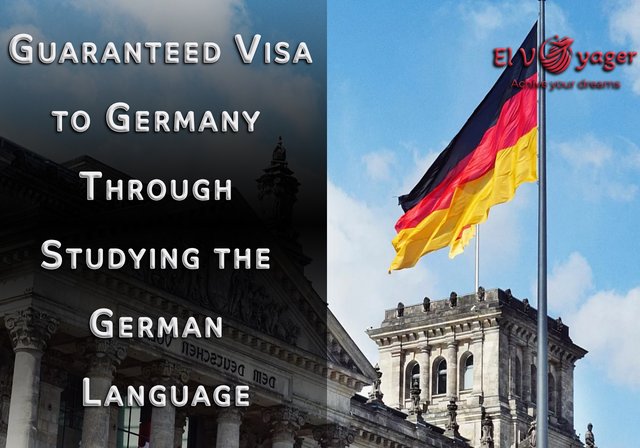Known for its high-quality education system and vibrant cultural heritage, Germany has become a top destination for international students. Taking a German language course is one of the easiest paths to obtaining a visa to Germany. This article explores the benefits, practicality, and opportunities available to help students achieve their academic and career goals.
Why study German in Germany?
Studying German in Germany offers a unique immersion experience that no semester abroad can replicate. Learning the language in its native environment allows students to practice daily with native speakers, gain cultural insights, and greatly enhance their fluency. In addition, mastering German can open doors to academic programs, job opportunities, and integration into German society.
Guaranteed Visa Path
Securing a visa to Germany by studying German is one of the most straightforward options for international students. Here’s how the process works:
Register for a recognized German language course:
Choose a language school in Germany that is officially recognized and accredited.
Make sure the course meets the minimum hours required, usually 18-20 hours per week, to qualify for a visa.
Apply for a language learning visa (Sprachkursvisum):
- A German language learning visa allows students to stay in Germany for the purpose of studying the language only.
- It can be issued for up to one year, depending on the length of the course.
Meet the financial requirements:
Open a blocked account (Sperrkonto) in Germany with the required amount, currently €11,208 per year (subject to change). This ensures that students are able to cover their living expenses while studying.
Preparing supporting documents:
- Valid passport
- Proof of enrolment in a language course
- Proof of financial means (blocked account or letter of sponsorship)
- Health insurance coverage
- Submit your visa application
- Apply at the German embassy or consulate in your country.
- Attend the interview and provide detailed information about your study plans and future goals.
Opportunities after the course
Studying German in Germany is not just about learning the language; it is a starting point for broader opportunities:
Admission to German universities: Language proficiency is often a prerequisite for undergraduate and graduate programmes in Germany.
Career Prospects: Proficiency in German can significantly enhance your employability in Germany's strong job market.
Cultural integration: Understanding the language helps students integrate into German society, making it easier to form relationships and build a future in the country.
Why choose this path?
Simplified visa process: A German language learning visa is simpler than other types of visas, such as student or work visas.
Affordability: Language courses are often more expensive than full degree programs, making them a cost-effective way to enter Germany.
Flexibility: After completing the language course, students can explore other visa options, such as transferring to a university program or applying for a job search visa.
Conclusion
Taking a German language course is a practical and guaranteed way to obtain a visa to Germany while creating the conditions for future academic and professional success. By immersing yourself in the language and culture, you not only gain language skills, but also open the door to endless opportunities in one of Europe’s most dynamic countries. Take the first step today and embark on a journey that could change your life forever!
